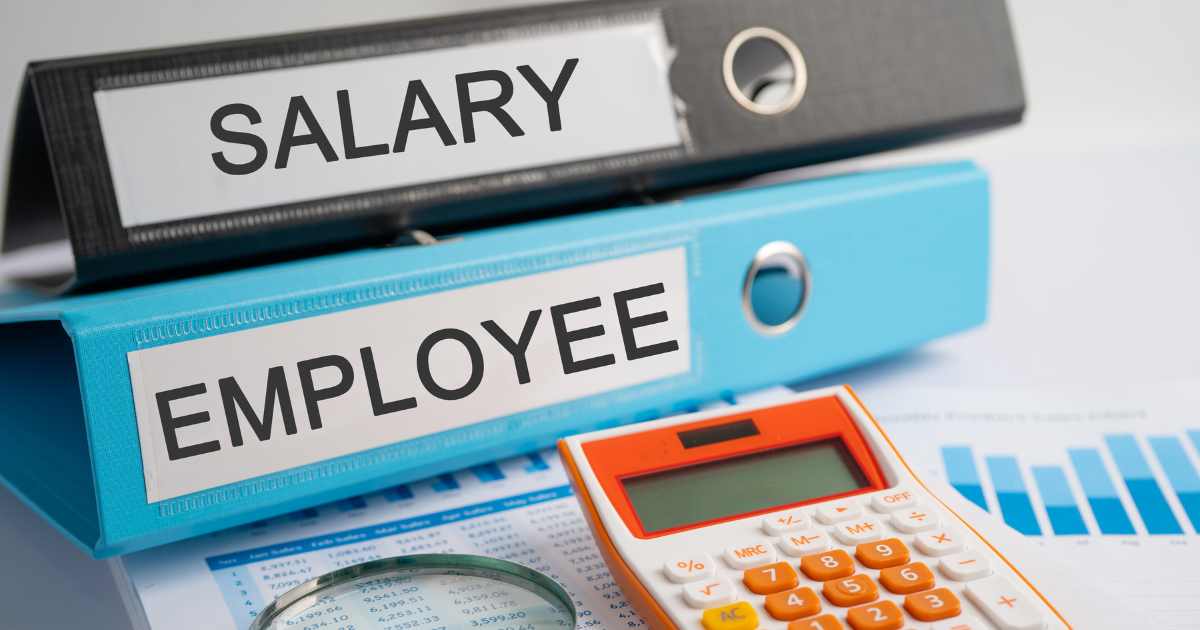
By: Pieter Bensch, Executive Vice President, Sage Africa & Middle East
Your accountant plays a critical role in the success of your small or medium business. He or she has a finger on the pulse of your company’s financial health and a wealth of insight into how you can run a tight, profitable ship.
Here are ten questions to ask your accountant to get the most from his or her services and expertise:
1. May I contact one or two of your clients for a reference?
This question will confirm whether the accountant is familiar with businesses like yours. Contactable references will give you some assurance the accountant is reliable and knowledgeable.
2. How do you calculate your fees?
Some accountants bill for their hours, while others will bill for specific outcomes such as compiling your income statement and balance sheet or filing your annual tax return. Make sure you know what you will be paying your accountant and what you can expect in return.
3. How can you add value to my business?
More business owners want their accountant to be a strategic advisor, not just a bookkeeper and tax compliance officer. A proactive accountant can work with you to reduce costs – for example, by using cloud-based software to automate processes such as payroll, inventory management or manufacturing – or to find new revenue opportunities.
Questions to ask about finance and operations
4. What accounting software do you use? What software do you recommend for my business?
Your accountant should be able to help you pick the right technology for efficient recordkeeping; if you both use the same software it will be easier to work together. Cloud-based accounting software makes it easy to collaborate.
5. Am I managing my cash flow optimally?
Ask your accountant to look at your cash flow to identify problem areas and opportunities for improvement. He or she should help you plan for shortfalls, as well as optimise receivables and payables.
6. Are there any industry-specific risks or challenges I’m overlooking in my business?
Ideally, your accountant should be familiar with your industry and be able to guide you about its challenges. For example, if you’re in retail, how do you best manage the costs of keeping inventory?
7. What are some of the day-to-day mistakes you often see businesses like mine make?
An experienced accountant will be able to help you avoid some of the common errors that start-ups and small businesses make. For example, he or she may give you advice about how to avoid SARS penalties for inaccurate tax filings or how to secure a good deal from your suppliers.
8. What records should I keep, and which financial reports should we produce?
Your accountant will be able to tell you which transactions you should be recording, which documents you need to keep (invoices and statements), how you can use software to automate financial processes, and which financial reports you need to generate for compliance purposes or better business planning.
Questions to ask at tax time
9. What information do you need from me to complete the accounts and file my tax return?
Your accountant will tell you which financial records he or she requires to draw up your financial statements and put your tax return together. The accountant may also suggest which documents you should retain in case SARS selects you for a tax audit.
10. What can we do next year to reduce the tax bill and make filing smoother?
If your accountant is working for your business for the first time in the tax year, he or she should be able to analyse your returns and advise about ways to lower your bill in the future. For example, are you taking advantage of the employee tax incentive if you hire young people?
Find an Accountant expert






